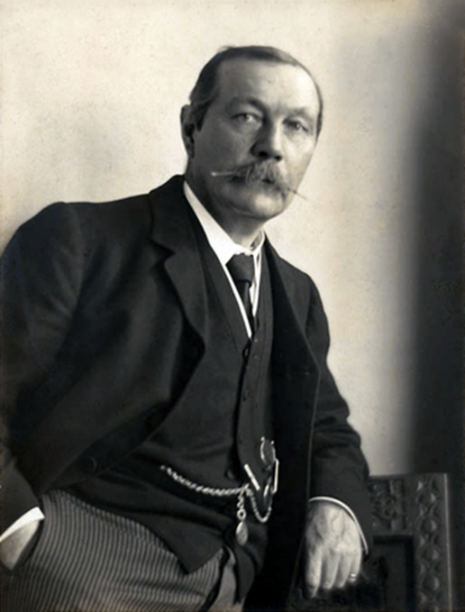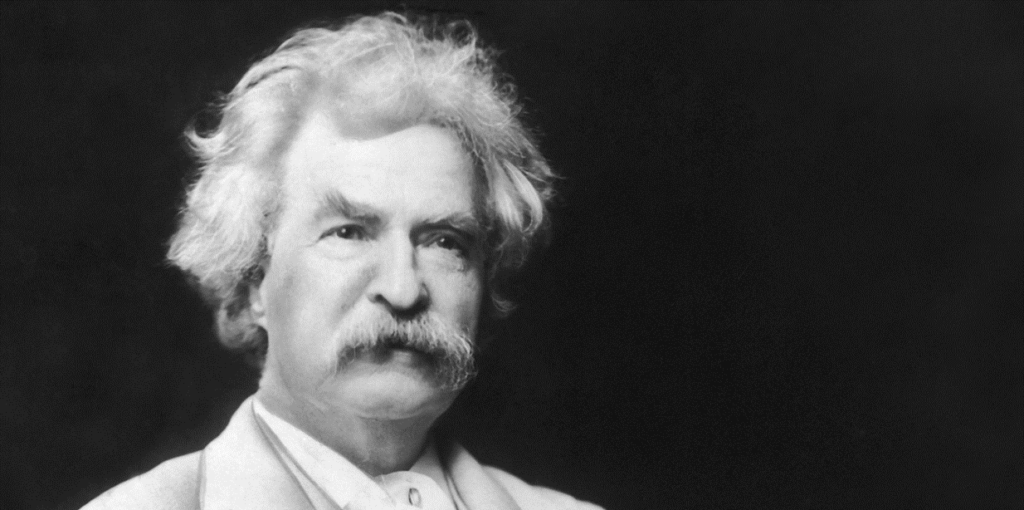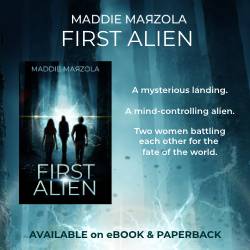By Elizabeth Davis
Science Fiction has a bit of a memory problem. Authors who left a big impact are soon forgotten as the pop culture marches on. It’s easy to get caught up with the continuous new releases. But it’s good to take a step back (especially if the recent trends have you burnt out). One thing that I’ve noticed from my bookstore shelf and library recommendations is only a few authors get discussed from Science Fiction’s Past: Clarke, Helien, Asimov . .a fairly small list. So this article series is meant to highlight some people that are forgotten as we survey our current literary landscape – even if their influence runs deep below the surface.
So a few notes before we start. This article series is adapted from a presentation I gave at UDcon 2019 (a convention held by the Fantasy and Science Fiction Club at University of Dayton). Thus, it was primarily aimed at college students – so some of these names might be familiar to you older folk (whatever age that is).
Also, I set down a few base rules. One is that Forgotten Masters must be dead. That because a still living person could possibly release a new work and suddenly shift conversation back to them. The second is that a Forgotten Master must have written some really incredible stories. I mostly went of critical acclaim, but I know that authors were overlooked in their day for variety of reasons. So please, please, pretty please, let me know about authors I may have missed in the comments below. We may be able to get them on the review roster at Dark Paradigm.
But today, we are going to stick at names that will be familiar to you – probably from your High School Lit textbook. But you probably aren’t familiar with them for their Science Fiction Works.
Arthur Conan Doyle

Sir Arthur Conan Doyle is well known for his creation, Sherlock Holmes, and for believing in fairies. But his other literary creations tend to be forgotten under the modern shadow of Sherlock Holmes. While we could talk about some of his forgotten adventure tales, I’m going to focus on Professor Challenger.
Professor Challenger is the second most popular Sir Arthur Canon Doyle creation back in the day. Professor Challenger can easily be seen as an opposite to our common depiction of Sherlock Holmes in both appearance and personality. His most striking characteristics are his giant head, magnificent beard and booming voice. As for his personality – I’ll let Sir Doyle’s words stand for themselves.
“He was also a pretentious and self-righteous scientific jack-of-all-trades. Although considered by Malone’s editor, Mr McArdle, to be “just a homicidal megalomaniac with a turn for science”, his ingenuity could be counted upon to solve any problem or get out of any unsavoury situation, and be sure to offend and insult several other people in the process. Challenger was, in many ways, rude, crude, and without social conscience or inhibition. Yet he was a man capable of great loyalty and his love of his wife was all-encompassing.”
Yes, if it wasn’t for his wife, there would’ve been a much greater loss of life in his adventures.
Professor Challenger (just like with Sherlock Holmes) was based on a real person — in this case, a professor of physiology named William Rutherford, who had lectured at the University of Edinburgh while Conan Doyle studied medicine there. I do not know his personality was quite so outrageous.
So a quick overview of the works that you can find Professor Challenger in:
“The Lost World” is probably the most well-known of his work. I’m going to assume that most of you are familiar enough with the premise about scientists traveling to a dinosaur filled island to move on.
I also won’t be spending long with the “Land of Mists” mostly because it’s not quite science fiction, instead focusing on Doyle’s interest in spiritualism and other mystical matters. Not that you shouldn’t give it a read, but it’s not quite the focus of this article.
“The Poison Belt” where space itself becomes toxic thanks to poisonous ether. All of animal life on Earth is inflicted with sickness. No one escapes, not even the protagonists. The only saving grace is that the Earth passes out of this “poison belt” in just 19 hours, and everything recovers from the toxic ether after another 19 hours.
World Echinus theory or “When the World Screamed”, Professor Challenger discovers the planet Earth is alive and completely unaware of the humans living on it. Thus he decides to dig deep enough to painfully sting the Earth—to make the Earth notice mankind for the first time. This whole adventure is played for laughs.
“The Disintegration Machine“ – what is says on the tin. Judging from the sense of humor from previous installments, I’m not going to ruin the punchline to this one.
Well, that is the end of his canon adventures, but just like with Sherlock Holmes, Professor Challenger is a character that other authors have had fun playing with. If you need protagonists for your light-hearted or tongue-in-cheek Victorian Steampunk novel, may I suggest Professor Challenger?
Mark Twain

So, most of you are probably familiar with Mark Twain from having read Tom Sawyer or Huckleberry Finn from school. Or if you are like me, from his thrashing of Fenimore Cooper (an essay you can read here if you need something to laugh at: https://twain.lib.virginia.edu/projects/rissetto/offense.html).
But I’m going to focus instead on A Connecticut Yankee in King Arthur’s Court, one of the earliest time travel stories. This one I fought with myself about including but after seeing too many blank faces when I have referenced the book in discussions about time travel in science fiction, you all are going to be reminded of this.
The main focus on a Connecticut Yankee in King Arthur’s Court is meant to be a satire on modern society. An engineer accidently travels back in time to king Arthurs court, and through his scientific knowledge and gumption sets about trying to “improve” King Arthur’s Court. Which of course ends up with Merlin’s Tower exploding, babies named Hello Central, nearly selling King Arthur into slavery (when they finally got him to stop reading Science Fiction and get out of bed), and at the end, nearly everyone dead. And if you think that was dark, give the Mysterious Stranger a spin.
Given the society, it was making fun of has past, it probably would be worth finding an annotated edition of A Connecticut Yankee in King Arthur’s Court to get all the references.
Edgar Allen Poe

So, I’m sure you are all familiar with Edgar Allen Poe. But before you start quoting “nevermore” to me, we aren’t going to be focusing on the stories that made him famous, and still make him beloved with goths. Nope, we are going to focusing on the short stories most of you haven’t read – his science fiction short stories.
We don’t list all of them here because Edgar Allen Poe wrote more short stories then days he was (probably) sober. They tend to be more lighthearted then the work that made Adger Allen Poe famous – even if the humor gets awfully dark. But it is worth noting a weird trend with most of his science fiction – that they are always framed as hoaxes. This was to avoid criticism of his sometimes loose grasp of science, but it’s really better to ignore that frame and read them as straight science fiction.
So that being said, let’s highlight a few of my favorites.
“Some Words with a Mummy” – in which a mummy is brought back from the dead, and is utterly dismissive of modern life, except for mints. This one really is meant to poke fun at the Victorians understanding and dismissive attitude towards Ancient Egypt, along with the popular unwrapping parties, in which a mummy would be unwrapped for a crowd.
“Von Kempelen and His Discovery” is a story in which a man learns to transmute lead into gold and fails to make a fortune
Granted, not all of his stories were based on such jokes. He also wrote his fair share of fantastic journey narratives, such as the “Unparalleled Adventure of One Hans Pfaall” and “Ms. Found in a Bottle” in which the protagonist visits the hollow center of the Earth. You are probably familiar with these narratives from other Victorian Science Fiction writers and if you like those, I recommend you give Edgar Allen Poe’s a try.
Hopefully, that should get your appetites whetted for the next update, as we go into names you probably have never heard of before. And once again, share all your suggestions in the comments below!



